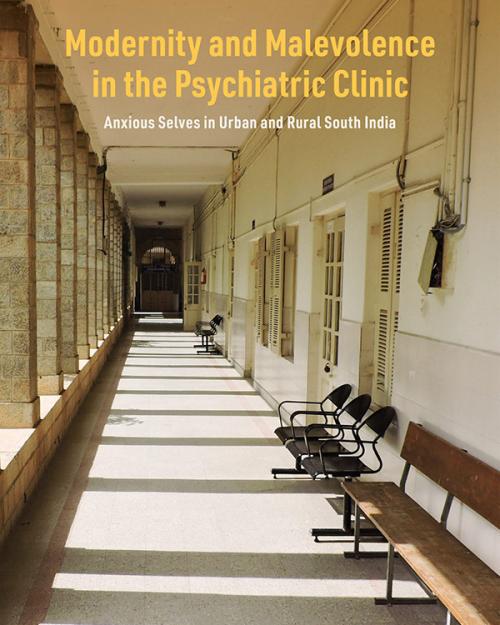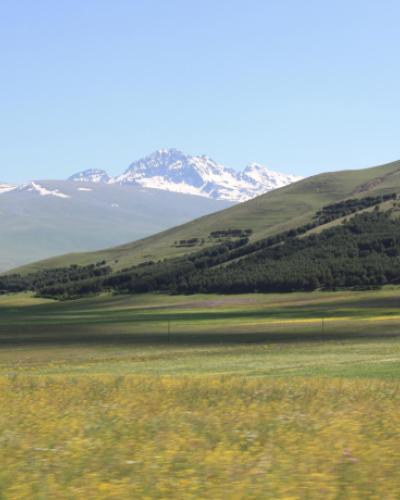Professors Lori Khatchadourian (NES) and Adam T. Smith (), in collaboration with Ian Lindsay (Purdue), Alan Greene (Stanford), and Maureen Marshall (Illinois), were awarded a National Science Foundation Grant for their project: Fortifications and Long-Term Political Process in Bronze and Iron Age Southern Caucasia.
The proposed research investigates long-term shifts in fortress settlement systems, ancient warfare, and political transformation in the South Caucasus spanning ca.1500-200 BC, from the initial construction of hilltop forts during the Late Bronze Age, to their elaboration under Urartian imperial dominion, to their repudiation in the Achaemenid Iron III period.
Funding from NSF will support two seasons of systematic survey, test excavations, bioarchaeological research, materials analysis, and environmental reconstruction in the upper Kasakh River valley of northwestern Armenia, which hosts sites from the full range of Bronze and Iron Age periods. This research will investigate how shifting patterns of fortress construction and use, residential mobility, and site destruction and abandonment were factors in shaping political association. The research will examine ancient fortified landscapes and warfare as social and material conditions through which political processes unfold.
Its significance rests on three primary issues. First, this study will energize existing discussions of warfare in archaeology and anthropology by juxtaposing material indications of conflict with long-term patterns of settlement, political association, goods circulation and consumption, ritual practice, and social identity. In so doing, it will recast fortresses as more than just practical instruments in a material apparatus of force, but as vital in shaping political subjects and authority, as projects of communal labor, and as historically contingent objects of contestation and commemoration. Second, the proposed study will contribute essential time depth to dialogues seeking to lend social and historical context to contemporary regional conflicts, their impacts on the politics and identities of social groups, and the ties to place and polity among mobile communities. As persistent ethnic clashes continue to impact contemporary life, understanding the impact of war in the past can help frame the causes and implications of modern conflicts while shaping responses to them. Finally, this study marks the first attempt in the Caucasu to articulate the long-term history of conflict, settlement shifts, and social transformation in the region with both the broader regional trajectories of the Near East and more localized natural and anthropogenic environmental changes.





